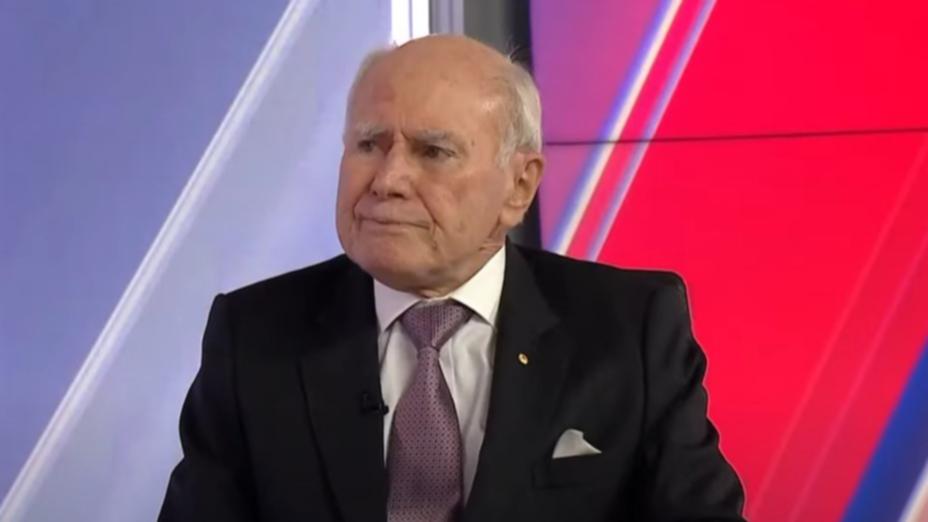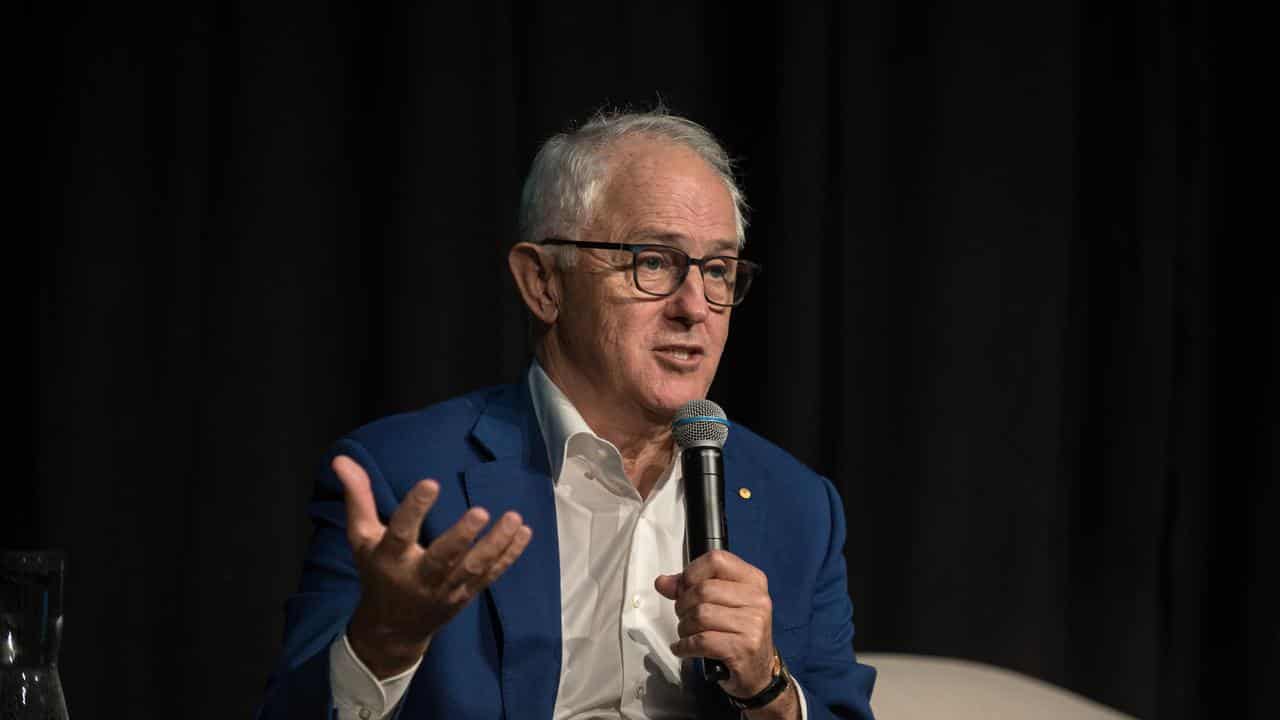
Author: Gareth Evans, ANU
It is never wise, in foreign affairs and defence policymaking, for emotion to trump reason, for politics to trump objectivity, or for sensitive judgment calls on major national interest issues to be made before they have to be. Talking up, as so many now are, the prospect of war with China — with Taiwan as the likely trigger point — runs the risk of offending all three prescriptions.
Before pounding more rhetorical drums, and producing ever more strident legislative, executive, diplomatic and military responses, Australia’s Morrison government, and those in the commentariat who sail with it, need a reality check. They need to address the key factors in play here — focusing on the world as it is, not as they would ideally like it to be, or irrationally fear that it might be — as summarised in the following checklist.
First, China’s new assertiveness under President Xi Jinping is a given. China makes no secret of its ambition to match the United States as a global player, to carve out its own strategic space in the Western Pacific, and to become a regional hegemon to which all its neighbours pay deference. But Beijing also fully understands, and wants to avoid, the catastrophic horror and misery its people would suffer in any major modern war. And there is no evidence — South China Sea waters and some border nibbles apart — that it has any desire to acquire outright any other sovereign state’s territory. Of course, states must prepare for possible war based on potential adversaries’ capabilities, not their known or assumed intent. For the West to take that further, and prematurely assume Chinese intent to be generally malign, risks being dangerously self-fulfilling.
Second, Taiwan is a special case. Whether comfortable to acknowledge or not, it is not a sovereign independent state like any other. For most of its history it has been, and has been seen to be — including by itself — part of a single China. It prefers now to be independent, but does not formally claim to be, and is not recognised as such by more than a handful of states. It would be morally repugnant and reputationally destructive for China to reunify by force this freestanding, thriving democracy. But if it does, the issues are not, and will not seem to most of the world, identical to those involved in, say, Iraq’s invasion of sovereign Kuwait.
Third, that said, such forceful action is not inevitable. While Xi’s commitment to reunification is absolute, and he would no doubt want to achieve this in some form during his tenure, no Chinese political or military preparations suggest an invasion is remotely imminent. If Xi’s patience does run out and he chooses to force the issue, it is far more likely — given the difficulties of mounting any cross-water invasion and the risks of triggering wider war — that it will be by ‘all measures short of war’. Bad enough, but not the full kinetic repertoire.
Fourth, diplomacy still has a chance. It is not to be assumed that China’s patience — which has long been legendary — will run out any time soon. The ‘delicate balance of ambiguities’ of the One-China policy has long served everyone’s interests and, if cooler heads prevail, can do so for a good while yet. Various formulae are available which could inch forward the unification objective in ways that both sides could live with — objectively, if not now politically or emotionally. After Beijing’s treatment of Hong Kong, it is not possible to contemplate ‘one country, two systems’. But viable alternatives include the essentially symbolic concept of ‘Greater Chinese Union’, which Linda Jakobson and I proposed in a 2004 International Crisis Group report.
Fifth, there is a rather compelling imperative to avoid, for the United States as for China, a war one may not win. China’s close-in military and cyber capability means that it could probably now neutralise any attempted localised US intervention. If that conflict escalated to all-out war, the United States would likely ultimately prevail, but at incalculably horrendous cost. Washington is under pressure from some quarters to make a completely unambiguous commitment to fight for Taiwan — to save for the West not only its political system but its microchips. Such clarity might send a strong deterrent signal. But it might also be seen as a provocation demanding a strong response. Better, perhaps, just to go on heavily arming Taiwan, enabling it to aggressively defend itself in ways that would very seriously complicate Beijing’s invasion option.
Finally, if fighting for Taiwan is a hard call for the United States to make, it is harder still for countries like Australia to contemplate. Australia has little or no capacity to influence the outcome, but a great capacity to suffer if drawn into war at any level. Alexander Downer was right to say, as Australian foreign minister in 2004, that on Taiwan the ANZUS Treaty does not apply. The only rationale for joining the United States in another military adventure which is at best questionable and at worst utterly misguided is to buy future American military support in the event of Australia having an existential crisis of its own. But if Canberra hasn’t learned by now that such support will only be forthcoming if the president of the day — who could be another Trump — decides this serves America’s own interests, it hasn’t been paying attention.
Every country must give primacy to its own national interests — which include not only security and prosperity, but being and been seen to be a good international citizen. For Australia, making clear a willingness to fight for democratic Taiwan in its hour of need might advance the third, but would manifestly prejudice the first two. As being foreign minister constantly taught me, sometimes idealists have no choice but to be pragmatic.
Gareth Evans is Distinguished Honorary Professor at the Australian National University. He was Australian foreign minister from 1988–1996 and president of the International Crisis Group from 2000–2009.




